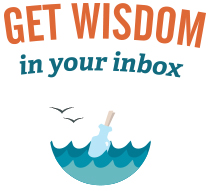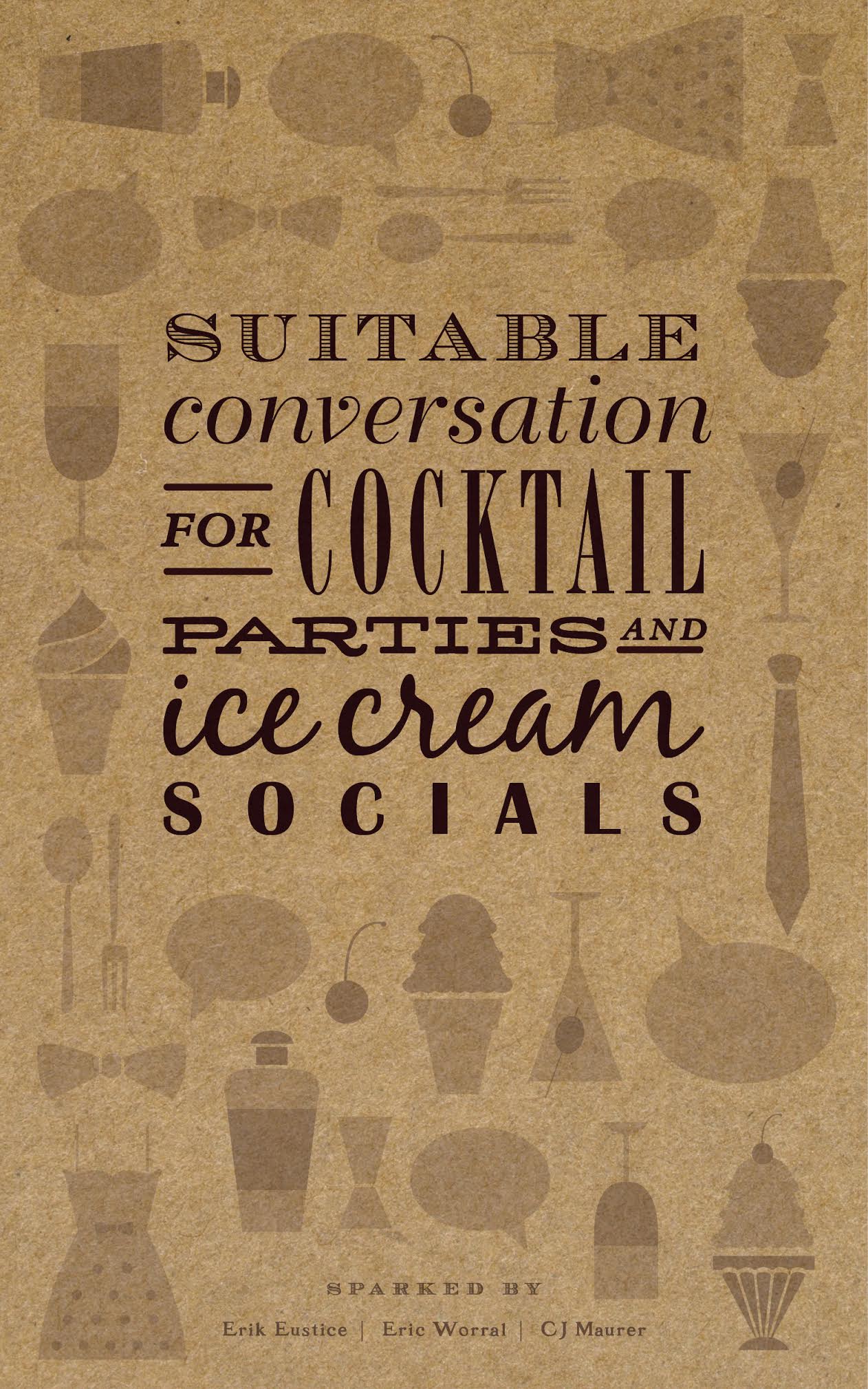 A great story has a theme that guides it through the wilderness and into the halls of time. Even when the story itself doesn’t know it’s being guided or even that it’s in the wilderness. I’ve been learning a lot about this from author and bonafide human being, Steven Pressfield. He’s been writing about writing for some time and recently has been writing about understanding the theme of your story. He’s talking about the story you’re literally writing. That would mean you’re a writer. If you’re not a writer then that might not mean as much to you. If you’re a writer you likely already know how important theme is to your story. Your theme is what your story is about. Which is not the same as the subject of your story. Pressfield uses Jurassic Park as an example. The subject is dinosaurs. The theme, what the movie is about, is Don’t mess with Mother Nature. See?
A great story has a theme that guides it through the wilderness and into the halls of time. Even when the story itself doesn’t know it’s being guided or even that it’s in the wilderness. I’ve been learning a lot about this from author and bonafide human being, Steven Pressfield. He’s been writing about writing for some time and recently has been writing about understanding the theme of your story. He’s talking about the story you’re literally writing. That would mean you’re a writer. If you’re not a writer then that might not mean as much to you. If you’re a writer you likely already know how important theme is to your story. Your theme is what your story is about. Which is not the same as the subject of your story. Pressfield uses Jurassic Park as an example. The subject is dinosaurs. The theme, what the movie is about, is Don’t mess with Mother Nature. See?
Nobody wants to watch a story unfold that doesn’t unfold. That’s what happens when there’s no theme. A bunch of stuff might happen, but none of it connects and propels you forward. Nothing grips you in its service and compels you to go deeper. Pressfield makes the case that theme is where the magic comes from. As soon as you discover what the theme of your story is, you now possess the power to split the emotional atom. Welcome to the nuclear age.
From now on, your hero embodies the theme. Every scene is on theme. Your villain lives to carry the counter-theme. These are just the most obvious. You now have superpowers that allow you to see things you previously couldn’t. You see what supports the theme and you turn it up. You see what picks its pocket and drive it out by the scruff.
What if your life was a story?
You’d probably be the subject.
What would be your theme?
P.S. If theme interests you, check out Steven Pressfield’s series on theme. This is the first post out of 9 that can be found on his blog.


